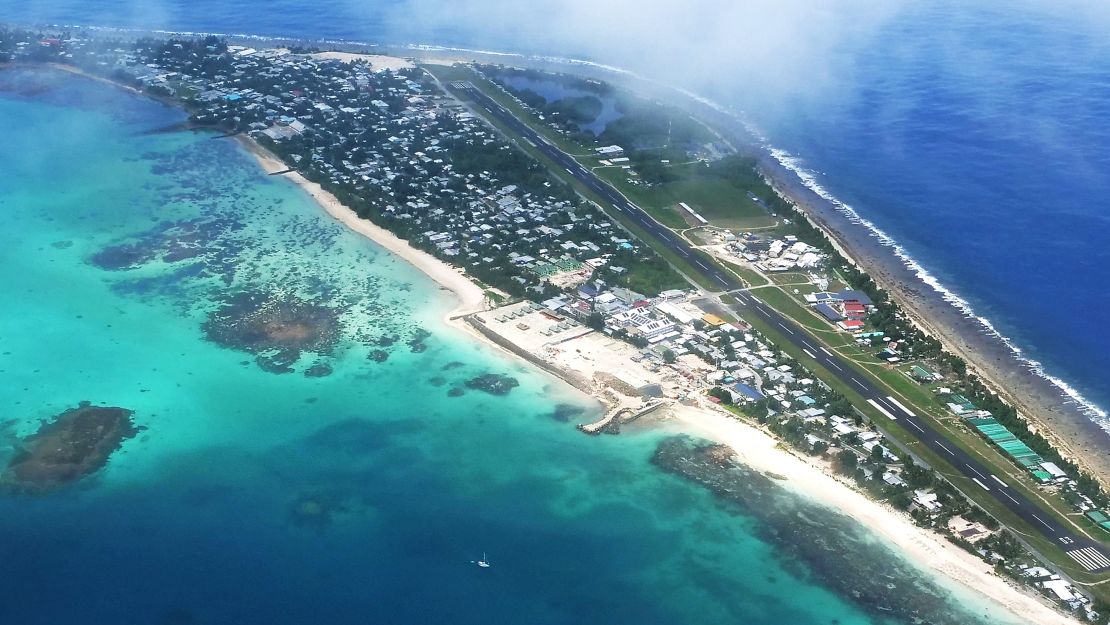
Most travel insurance policies offer multiple types of coverage for travel-related events, such as flight cancellations, medical emergencies and lost baggage. If you’re on a tight budget, even cheap insurance policies can provide a wide range of protection options. In the sections below, we provide an overview of what travel insurance typically covers.
Trip Cancellations and Trip Interruptions
Trip interruption and trip cancellation insurance reimburse you for nonrefundable costs when a trip is canceled or cut short due to a covered reason. Covered reasons are generally emergencies or events that are out of your control, which may include:
- Acts of terrorism
- Severe weather or a natural disaster
- Sickness or hospitalization
- Death of a family member
- Jury duty
If you’re worried about booking a trip and then catching coronavirus, some insurers may count a COVID-19 diagnosis as a covered event. However, canceling due to fears of the virus may not be covered. As an alternative, many providers allow you to purchase cancel for any reason (CFAR) coverage, a policy add-on that reimburses costs if you cancel a trip for personal reasons.
Maybe you decide to call off a trip because you have second thoughts about traveling during a pandemic or have other business to attend to. With CFAR coverage, you can get money back with fewer questions asked. However, the amount you receive is typically limited to between 50% and 75% of your prepaid expenses.
Travel Delays
Coverage for trip delays helps pay for costs incurred if you don’t make it to your destination on time. This includes meals and accommodations while waiting for a delayed flight. Your insurer might also reimburse you for the portion of your trip impacted by the delay.
For example, if a late flight causes you to miss a night of a prepaid resort stay, your provider might repay you for that sunk cost. However, insurance companies may have conditions for how long a delay has to last for your expenses to be covered. Your travel insurance provider should clearly outline these coverage rules in your policy’s fine print.
Lost, Delayed or Stolen Luggage
The Department of Transportation (DOT) requires that airlines compensate travelers for delayed, lost or damaged bags up to $3,800 for domestic flights and $1,700 for international trips. However, it could take days for the airline to locate your bag or deem it officially untraceable. Until then, a baggage delay could cause you to incur unplanned costs for clothes or toiletries, and insurance benefits may help cover incidentals the airline won’t pay for.
Travel insurance also protects your belongings at other points of your trip and can mitigate tasks like helping to replace important travel documents. However, coverage is typically limited per bag or lost item. Alternatively, possessions that travel insurance won’t pay for might be covered by homeowners or renters insurance.
Medical Expenses
If you travel abroad, your state-side health insurance may not travel with you. Medicare and Medicaid, for example, generally don’t follow and protect you out of the country. To minimize out-of-pocket costs, trip insurance may cover medical expenses like hospital visits if you get sick or injured while away.
Medical Evacuation Expenses
Travel insurance may cover transportation costs if you or someone covered by the policy falls gravely ill or becomes seriously injured and needs to be evacuated. In addition to emergency evacuation, most travel insurance plans also cover repatriation if a traveler dies during a trip and their remains need to be transported back home.
Accidental Death or Dismemberment
If you or another covered travel companion dies during a trip or loses a limb or vision, travel insurance may provide a benefit payout that goes to you or your beneficiary.
Source: marketwatch.com

George Barham, an accomplished journalist and avid gambling enthusiast, serves as the esteemed Editor-in-Chief at fly-to-australia.com, Australia’s leading source for comprehensive gambling news and insights. With an unwavering passion for both the written word and the ever-evolving world of betting and gaming, George brings a wealth of knowledge and expertise to the helm of our editorial team.

